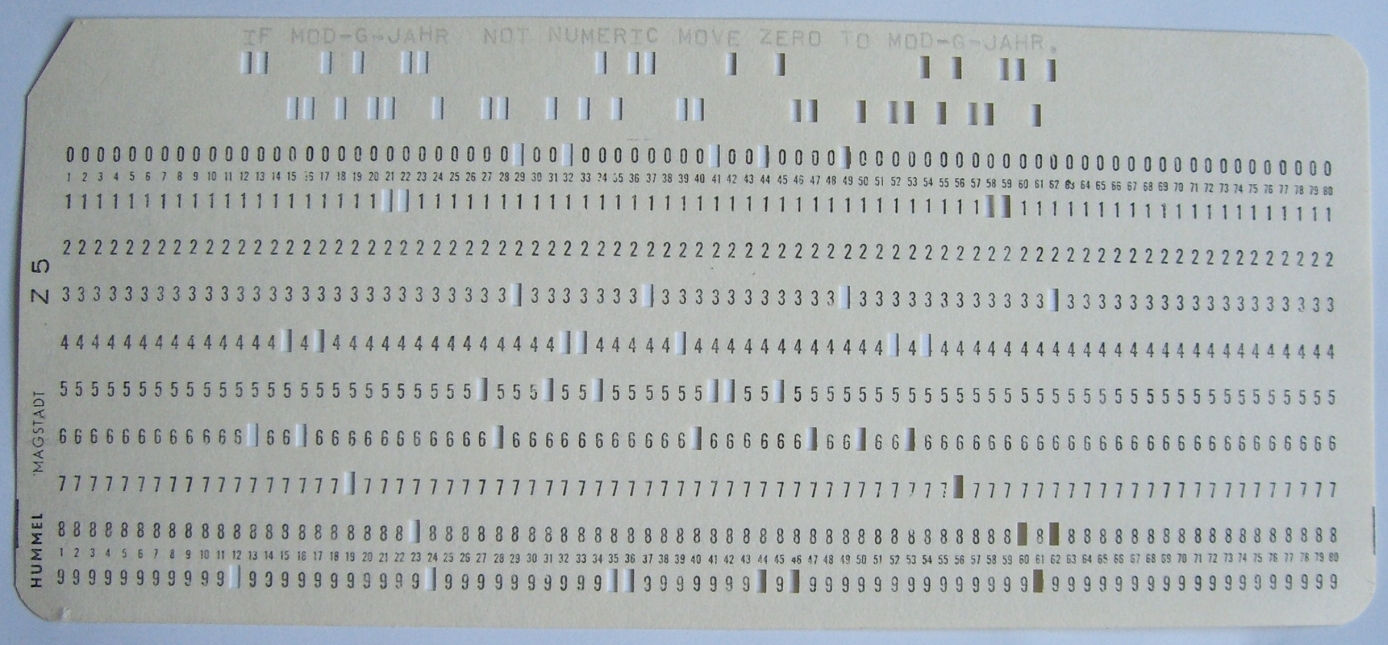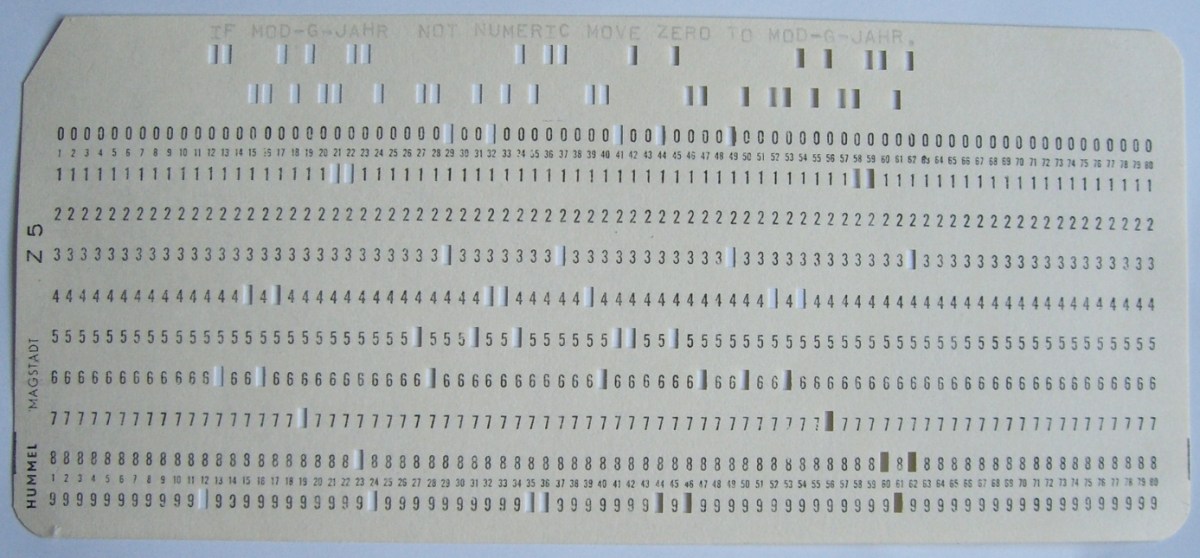COBOL’s Last Gleaming: Our State and Federal Governments Are Run on an Ancient Programming Language and They’re About to Fail


Just in the last few weeks, over 17 million people have lost their jobs, leading to an unprecedented strain on the government agencies and their systems that process unemployment claims. And those state systems, long neglected and underfunded, are buckling under the strain. Many of these failures are due to the fact that state and federal computer systems run on the ancient programing language of COBOL.
First off, for people like me who are lucky if we can make a document print correctly, let alone understand how computers work: what is a programming language? Well, according to ComputerScience.Org:
Computer programming languages allow us to give instructions to a computer in a language the computer understands. Just as many human-based languages exist, there are an array of computer programming languages that programmers can use to communicate with a computer. The portion of the language that a computer can understand is called a “binary.” Translating programming language into binary is known as “compiling.” Each language, from C Language to Python, has its own distinct features, though many times there are commonalities between programming languages.
There are many programming languages, and one of the first-ever such languages, used to program the earliest computers, was COBOL, or Common Business-Oriented Language. It invented in 1959 and was used by IBM in the 60s, when computers ran on punch cards like the one pictured in the header of this article. As states and businesses modernized in the 70s, many of their systems were based on COBOL … and most of those systems still are, despite the fact that few programmers these days know or use it.
The reliance of state (and federal) government computer systems on a programming language that’s so old has been a problem for years. I actually know COBOL better than many other systems, because I worked for the State of Oregon Judicial department from 2007 to 2009, and our system even then was a COBOL system.
Not only was the COBOL system hard to use when I was working on it, the state was desperate to update it, as many states have been for years. The problem, as it always is with government projects, is agencies that use these systems have no money, time or resources to update. Mine didn’t. The result, as a tech told me back then, is a “skyscraper built on the foundation of a house.” These systems were never meant to do what they’re doing these days, and at such a high capacity, which is why they are failing.
While these systems desperately need to be updated, that just doesn’t seem to be in the cards right now, because that would be akin to tearing up a freeway and building it new at the peak of rush hour. And that assumes there’s any money to invest into updates. To update from COBOL would require a massive amount of money and time because COBOL is all over, from the VA to the Social Security Administration to 95% of ATM transactions.
Instead, states are scrambling to find people who know COBOL. From New Jersey to Kansas to Connecticut, states are relying on decades-old systems that are breaking and need to be fixed, but programming classes in COBOL barely exist anymore, so many older programmers are being brought in.
Because there’s such a need for it right now, IBM is offering free training in COBOL for programmers, and learning COBOL might not just get a programmer a job, but will potentially help the thousands of people trying to get benefits who have lost their jobs.
The COVID-19 pandemic and global response has shown us so many ways in which we were unprepared, and our infrastructure and systems were already failing. Hopefully, when this is over, this won’t be forgotten and states and agencies will get the funding to bring their systems into the 21st century at last.
(via CNN, image: Wikimedia Commons)
Want more stories like this? Become a subscriber and support the site!
—The Mary Sue has a strict comment policy that forbids, but is not limited to, personal insults toward anyone, hate speech, and trolling.—
Have a tip we should know? [email protected]
